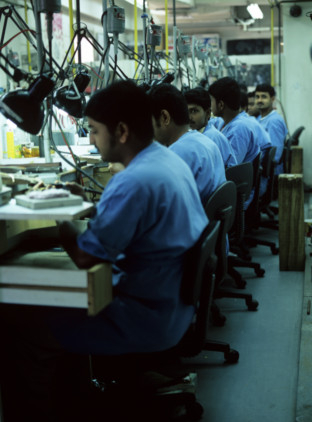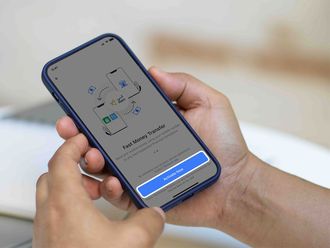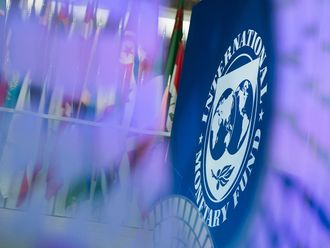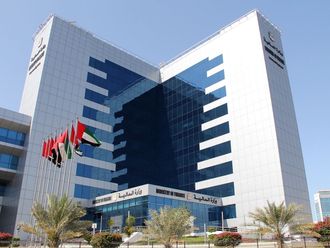
Workers who receive their salaries under the Wages Protection System (WPS) in the UAE, which assures timely, streamlined salary disbursement to workers in the country via banks, bureaux de change and financial institutions authorised to provide the service, may, in the near future, be a part of the new economy via their Emirates ID Card.
Ongoing pilot schemes may enable workers to not only receive their salaries via the system, but also use the identity document for financial transactions at various points of sales.
“It is one of the pilots we are working on. Basically, we are showing the capabilities of the identity management infrastructure to the Ministry of Labour,” Dr Ali Al Khouri, Director General of the Emirates Identity Authority (EIA), told GN Focus.
“The objective to enable payments is financial inclusion,” says Bhairav Trivedi, Chief Executive Officer, Network International, a payment solutions provider, which signed an MoU with the EIA earlier this month.
The agreement enables the provider to comprehensively support the UAE government’s move to smart government.
Explaining how the system will work, Trivedi says, “The first thing you get when you come to the UAE is the Emirates ID Card. So even before you open a bank account, we can provide you with a tool that actually allows you to accept your wages on this chip. Do you then even need an account?
“Today we have points-of-sale systems enabled all over the region, which accept chip-based cards. Ultimately the objective in financial inclusion is to enable payments seamlessly across the platform. With this, the worker can use these to withdraw money and send it back home and also buy essentials through the card.”
The baseline
As it works currently, the system allows workers to receive their salaries via cash or a card. The electronic salary transfer system allows payment of salaries via companies that include exchange houses in the UAE such as Joyalukkas Exchange, Wall Street and Al Rostamani Exchange, which issue prepaid cards or visit the workers’ residence to disburse salaries.
Antony Jos, Director, Joyalukkas Exchange, tells GN Focus, “We visit about 100 camps every month, each of which houses anywhere between 400 and 500 workers. The employer decides whether it wants cash disbursements or the issuance of prepaid cards.
“We have issued about 50,000 cards, of which at least 60 per cent are active.”
The system, developed by the Central Bank of the UAE, allows the Ministry of Labour to create a database that records wage payments in the private sector to guarantee timely and complete payments of agreed-upon wages. The WPS covers all institutions registered with the ministry across all sectors and industries.
Sultan Bin Kharsham, Managing Director, Wall Street, tells GN Focus, “The inclusion of the large number of low-income expatriate wage earners has increased the volume and value of transactions across the industry. It has brought a large segment of the unbanked population into a formal channel — a step towards financial inclusion. On the other hand, it is helping money remittance houses to improve efficiency and launch innovative financial products to support them.”
The system, which guarantees financial inclusion to a section of the population hitherto cash dependent, also provides a means of diversification for various exchanges.
Hatem Sleiman, Regional Vice-President, Middle East, Western Union, says, “It has also provided the remittance industry players with a basis to develop services that access funds electronically through a combination of secured funding sources, such as a payroll card, and convenient channels such as kiosks and counter points of sale.”
Revenue earners
For most exchanges, remittance remains a big chunk of their revenue and they continue to offer newer services related to the sector. “The biggest remittance corridors are India, the Philippines and the West,” says S. Karunakaran, General Manager, Al Rostamani Exchange.
Cash may be the preferred method for sending and receiving money in many societies, but the continuous development of technologies will change this.
Sleiman says, “Western Union online channels saw the fastest growth last year. We witnessed a 65 per cent increase in Westernunion.com money transfer transactions compared to a 41 per cent increase in 2012. We now have 19 mobile money transfer connections in 17 countries and online transactional sites in more than 20 countries. Customers can also use our mobile app in the US and Australia to send money around the globe.”












